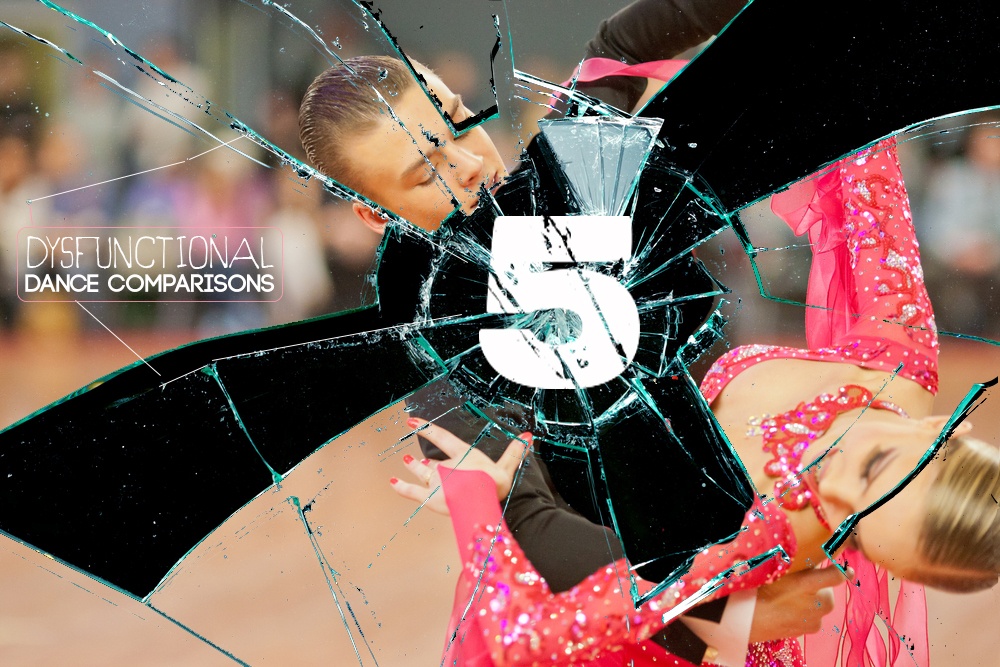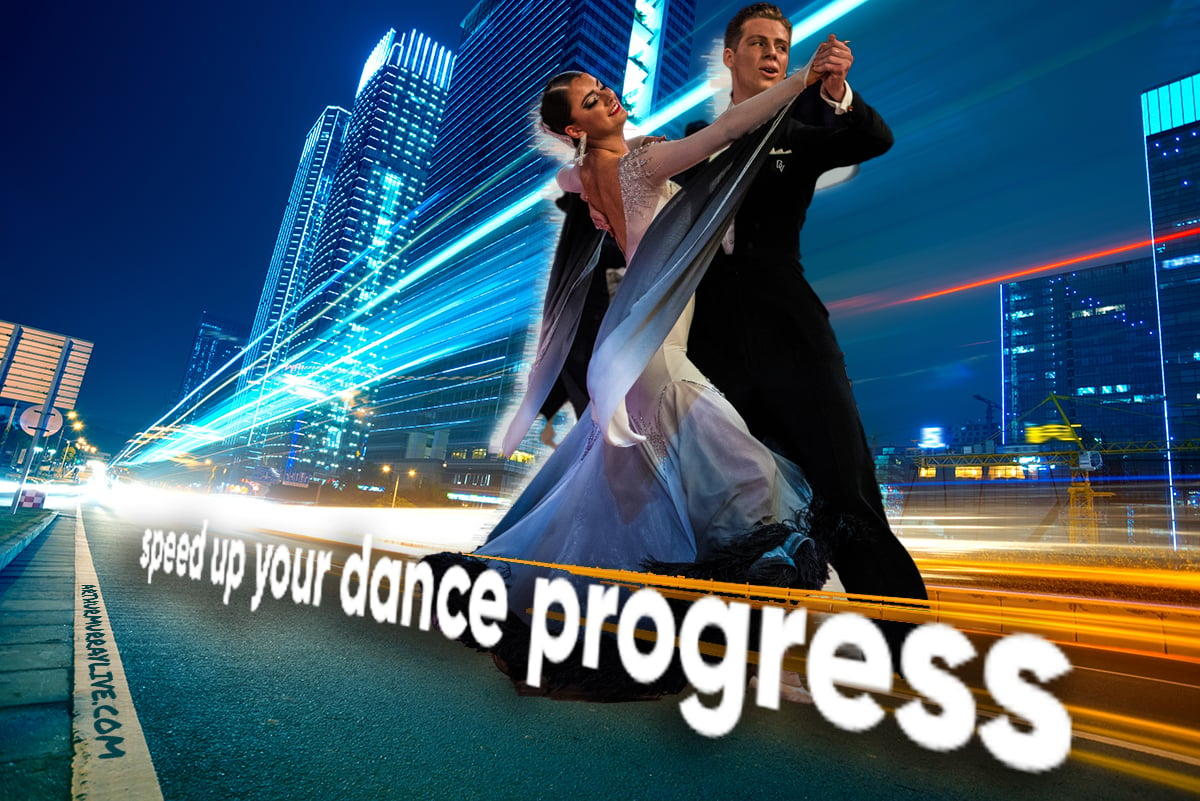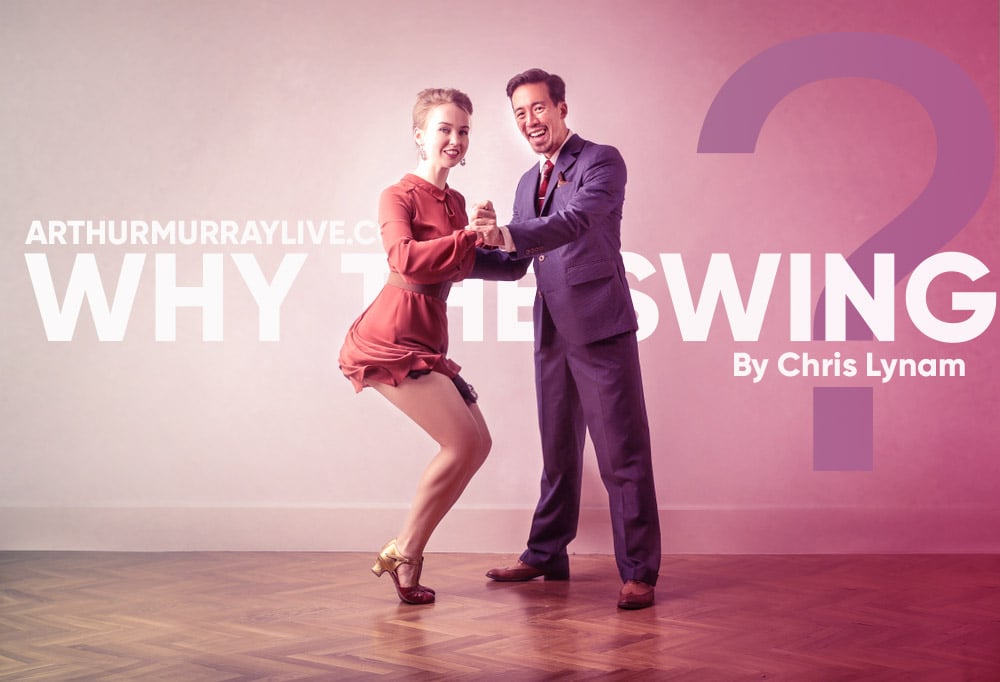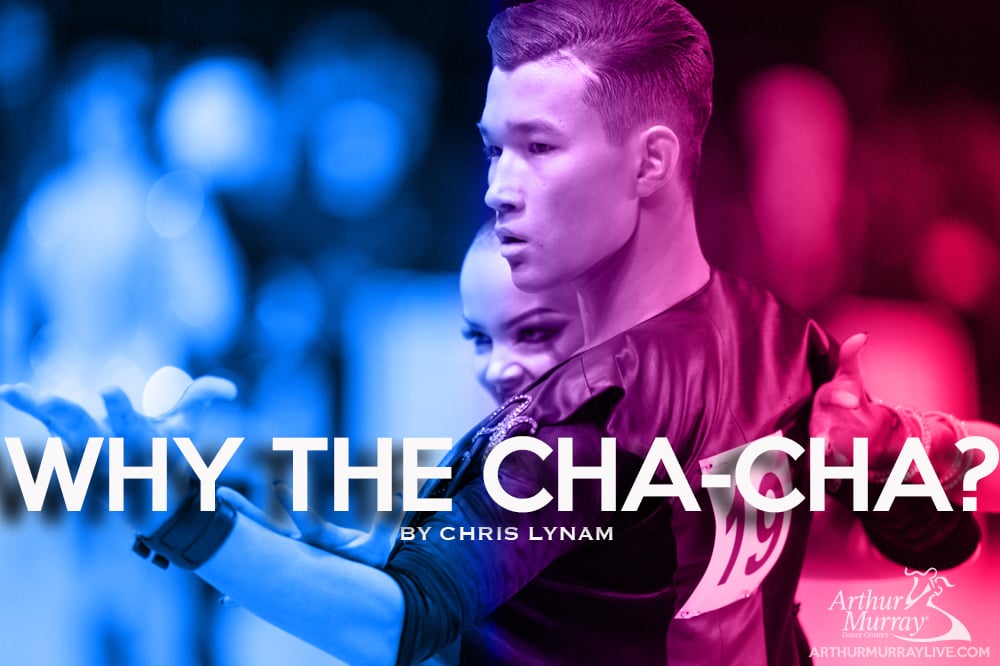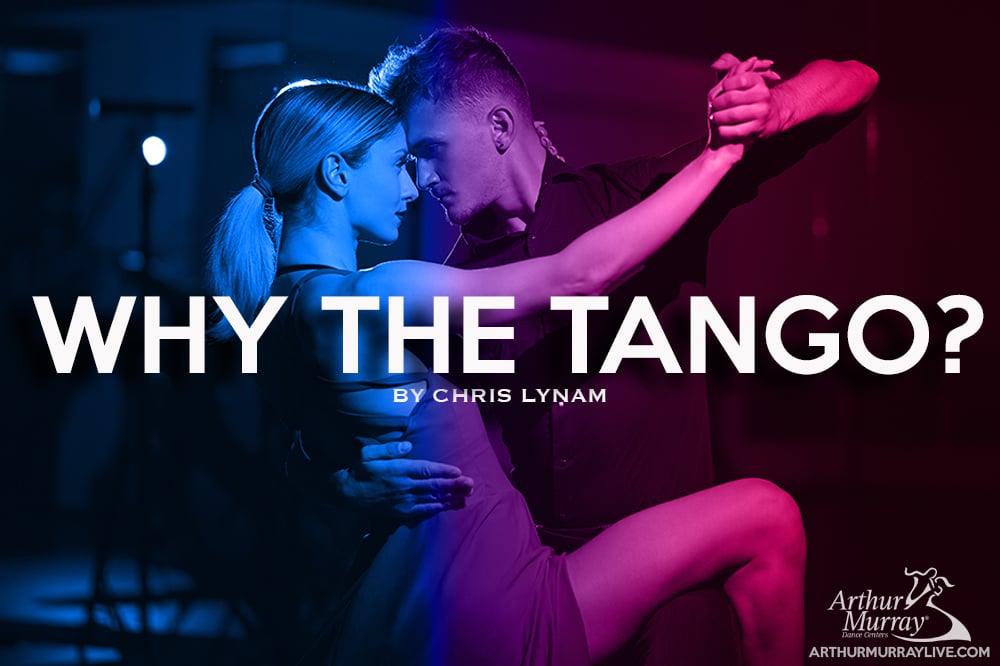
You've done it, we all have.
Whether you were walking into your local Arthur Murray for the first time, or attending your 5th Dance-O-Rama® - we are always watching, assessing, and sometimes - making comparisons.
When done the right way, watching others can be the catalyst to new and inspiring things in your dance journey. When done the wrong way, we get a laundry list of things we feel like we aren't doing. These are dysfunctional.
The sooner you recognize them, the sooner you can delete them forever.
The 5 Dysfunctional Comparisons Of A Dance Student
In this article, we'll look at the following things:
- WHO we sometimes compare ourselves to.
- WHY that comparison might happen (it's much easier than you'd think).
- THE REASON we should stop making this comparison.
- WHAT we should do to move on and eliminate this destructive train of thought.
 WHO: TV Show Professionals
WHO: TV Show Professionals
WHY We Do It: Because we like Dance TV shows, and the people on those shows are great at what they do.
THE REASON we Should Stop: Comparing yourself to a professional dance celebrity, with zero body fat, heavily rhinestoned, and a two time dance champion is about as fair as comparing your jewlery collection to Queen Elizabeth's.
WHAT You Should Do: Get inspired by their performance ability, costuming, or technical expertise and put it into a work cycle. Dance TV shows aren't on long enough to show you all the work the dancers put in to deliver that performance.
"Dance comparisons become negative when we are feeling negative about our own dancing. When you feel positive, you recognize positives in others, you can appreciate their skills, and you are more likely to become inspired to get better." @ArthurMurrayUSA
WHO: Instructional Dance Video Dancers
WHY We Do It: We are always looking for quick-fix approaches to get better at something.
THE REASON we Should Stop: Why do we have pharmacists? Because they deliver the right medication, in the right dosage, to the right people. Instructional dance videos can be prescription strength, and yet you can get them over the counter. Self-medicating your dance skills this way exposes your mind to lethal amounts of dysfunctional dance comparisons.
WHAT You Should Do: If dancing is a drug (the healthiest addiction out there), then your dance teacher is your pharmacist. Leave it to them and you'll be less likely to overdose.
WHO: The Perfect You
WHY We Do It: Part of you will only be satisfied if you're perfect. In fact, we all have heard the voices of our inner dance critic that wouldn't be happy even if you levitated to accept your next dance award.
THE REASON we Should Stop: There are times that your gut is absolutely wrong. Your gut is telling you to roll your eyes right now. Your gut is still wrong. Dance frustration, predicated on an internal feeling, is a recipe for dance lesson disaster. Why? Because even if you are making progress, there are times that you're the last to know.
This is an indicator that you're stuck in the Conscious Use Stage of your learning (here's the full article). It's totally normal and means you're much further along in your progress than your critic-voice thinks you are.
WHAT You Should Do: Communicate these feelings before they stick. If not, they can crystallize into dance confidence shattering rules that will be hard to break. Sometimes you need to be reminded by a voice, like your dance teacher, that can see the incremental stages of your progress.
Which is far better, and is far less subjective, than the footwork, arm styling, and dance frame critic residing in your head.
Need some help understanding your Dance Progress? We recommend this article:
Dance Progress Explained: The Arthur Murray Curve Of Learning
WHO: Your Dance Partner
WHY We Do It: Because they are in front of you.. All The Time.
THE REASON we Should Stop: A guy should never ask the question, "Who looks better in this bikini, me, or my gorgeous wife?" Leaders should not compare, or be compared, to followers. Followers should not be compared to leaders. These are different roles, in different departments, that happen to work for the same company.
Here's an article explaining the roles of Leading and Following to add some additional help.
WHAT You Should Do: Ask your teacher or coach the question, "What can I do to be a better leader (or follower)?" What you should not do is ask your dance partner this question in the middle of an argument.
Need some more help with your Dance Partner? We recommend these articles:
7 Things Your Dance Partner Needs To Hear You Say | The Dance Partner Poem
WHO: Other Dance Students
WHY We Do It: As long as people watching has been a hobby, people will use others to size themselves up. Whether it is at work, in the gym, or on the dance floor - we've all fallen into the trap of using someone else as the measuring tool for our own progress.
THE REASON we Should Stop: This is the pebble, that starts the avalanche, that triggers the volcano, which results in dance program apocalypse, heavy sighs, and the stink-eye at the studio water cooler. You are not the person you are comparing yourself to. It's not fair to you, or to them.
Your dance journey is your own. Every single student has a different backstory. Some take more lessons, have been dancing longer, or just have different goals. Not to mention, they have different bodies, with different leanings that can help them in one area and hinder them in another.
Making a comparison to another dancer is as silly as comparing yourself to someone else at the gym. "How come they look so good in their workout pants?" The reality is, they might have been working out longer than you, they may have only half of your upper body strength, and started their exercise program with a nice physique already. Who knows?
But the moment you slow down your own progress to question the progress of another is about as smart as racing some random stranger on the freeway. You both have different exits, a different agenda, and, when you think about it, it's not a race.
The only person you need to compare yourself to is the version of you that could have easily stayed home the day you scheduled your first dance lesson. Somewhere, in some alternate future, that person wishes they were as talented on the dance floor as you.
WHAT You Should Do: If you find that you are watching other dance students and focusing on what you "can't do" and what they "can do", then it's time to refresh the perspective on your dance progress. If there's a "before" picture in your dance binder, pull it out. Talk openly about what that version of you was like.
What did that version of you enjoy most about the decision to dance?
What did that version of you think was difficult to do on the dance floor?
What would that version of you think if they saw you dancing today?
With your teacher, coach, or studio supervisor set up some new goals while you're at it. Focus on the internal points of improvement you want to see and create a conversation about what evidence you'd feel that you were making progress.
For more details on how you can achieve this, we recommend this article:

Some Functional Dance Comparisons
1. Costuming
"I love that costume on her."
Being inspired by a costume in ballroom dancing, is the same as with Halloween - absolutely encouraged. Even if the inspired costume is the starting point to your eventual costume, it will serve as a physical guide. In some cases, the dance costume you're inspired by may even be for sale. If the fit is right, that may be a great investment.
2. Music
"I love the song they chose for their routine."
Maybe you're seeing a performance to a song that you'd never have thought of using. Why not use that song, or some version of the song, or genre, for your next routine. This is a great compliment to share with the performers and picking something inspirted by a performance is another great byproduct of functional comparisons.
3. Little Details
Nothing can overload your circuitry, deplete your resources of dance confidence, and get your negative inner-monologue running faster than comparing yourself to the "total package". Instead, pick small details from every dancer you admire. "I really love the way she moves her arms, I love her performance skills, etc." The more specific the detail, the easier it will be for your teacher to understand your vision moving forward.
4. Body Type
If you're tall, it would be good to find other dancers of similar height to be inspired by. If you're not so tall, find someone who fits the same description. Emulating the small details of another dancer always works best when there's something similar in your body type.
Final Thought
The dance journey you are on is like your fingerprint.
You can compare yours to everyone else's, but it will never match up completely. Attempting to alter it, in favor of another, will only take away your unique dance identity.
The next time you are feeling negative, critical, or stuck making a dance comparison - just remember, there are countless people you know that will never get a chance to dance as beautifully as you do.
Not taking the time to appreciate that would be the most dysfunctional thing of all.



